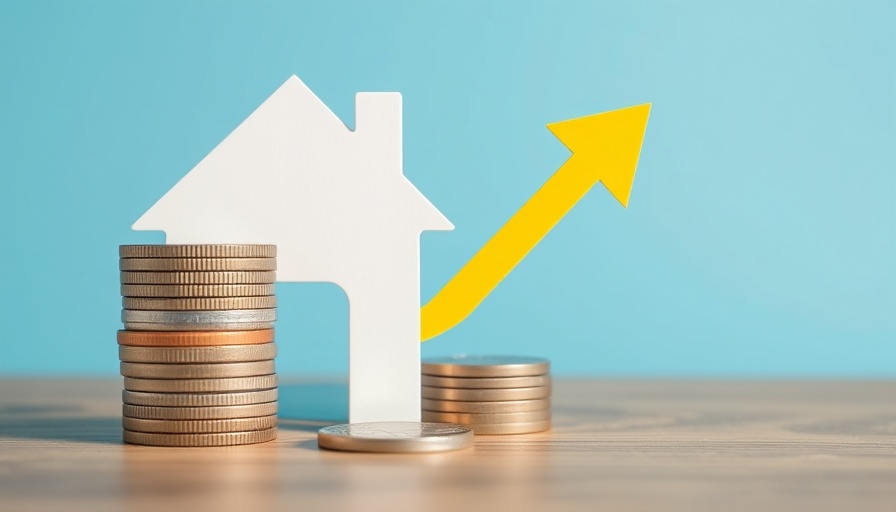
Understanding Prepaid Costs: What Homebuyers Need to Know
Buying a home is often considered one of the most significant financial decisions an individual will make in their life. It encompasses a myriad of costs, and among these, prepaid costs can often catch buyers by surprise. These upfront payments are essential for ensuring that mortgage-related expenses such as property taxes and insurance are covered before they are actually due.
Defining Prepaid Costs
Prepaid costs refer to fees that home buyers need to pay at closing before certain expenses are due. Unlike the down payment, which is a significant portion of the property’s purchase price, prepaid costs are specifically meant to cover future bills, offering a safety net for lenders and ensuring that buyers do not fall behind on critical payments.
What to Expect at Closing
Upon closing your home purchase, typical prepaid costs may include:
- Property Taxes: Depending on when you close, you may need to prepay property taxes for upcoming months. If you buy your home in October and taxes are due in November, you could end up prepaying a few months’ worth of taxes.
- Homeowners Insurance: Insurance premiums are often required to be prepaid as well, ensuring coverage begins immediately upon taking ownership of the home.
- Mortgage Interest: Some lenders may require you to prepay interest on your mortgage for the period leading up to your first official payment.
Estimating Prepaid Costs: A Handy Guide
One of the top concerns for any homebuyer is how to plan financially, which includes knowing what to expect in terms of prepaid costs. To estimate prepaid costs accurately, consider using an online mortgage calculator that includes additional parameters for prepaid taxes and insurance. Obtaining information on local tax rates and insurance premiums will also aid in formulating a comprehensive budget before closing.
Understanding the Distinction: Closing Costs vs. Prepaid Costs
It’s crucial for buyers to differentiate between closing costs and prepaid costs. While both are necessary expenses, closing costs generally encompass fees associated with the transaction itself—such as attorney fees, title insurance, and recording fees—whereas prepaid costs specifically deal with payments made in advance to cover future obligations.
Preparing for Closing: Steps to Take
Knowledge is power when navigating the homebuying process. Start by ensuring you have a firm grasp on your financial situation. Review your estimated closing disclosure form carefully, as it details all costs associated with your home purchase. Consulting with a real estate agent or mortgage broker can provide clarity and help you avoid unpleasant surprises on closing day.
Conclusion: Taking Control of Your Home Purchase
As you prepare to buy a home, don't let prepaid costs catch you off guard. Understanding these expenses ensures you can plan your budget effectively and eliminates the confusion that sometimes accompanies home buying. With awareness and preparation, you can enter the closing process with confidence, ready to embrace your new life in a new home. Whether your search involves apartment rentals or houses for sale, having a clear financial plan will help lead to a smoother journey.
To enhance your experience further, explore various real estate platforms like Zillow, Redfin, and Trulia to learn about properties and investment opportunities available in your desired locations.
 Add Row
Add Row  Add
Add 



Write A Comment